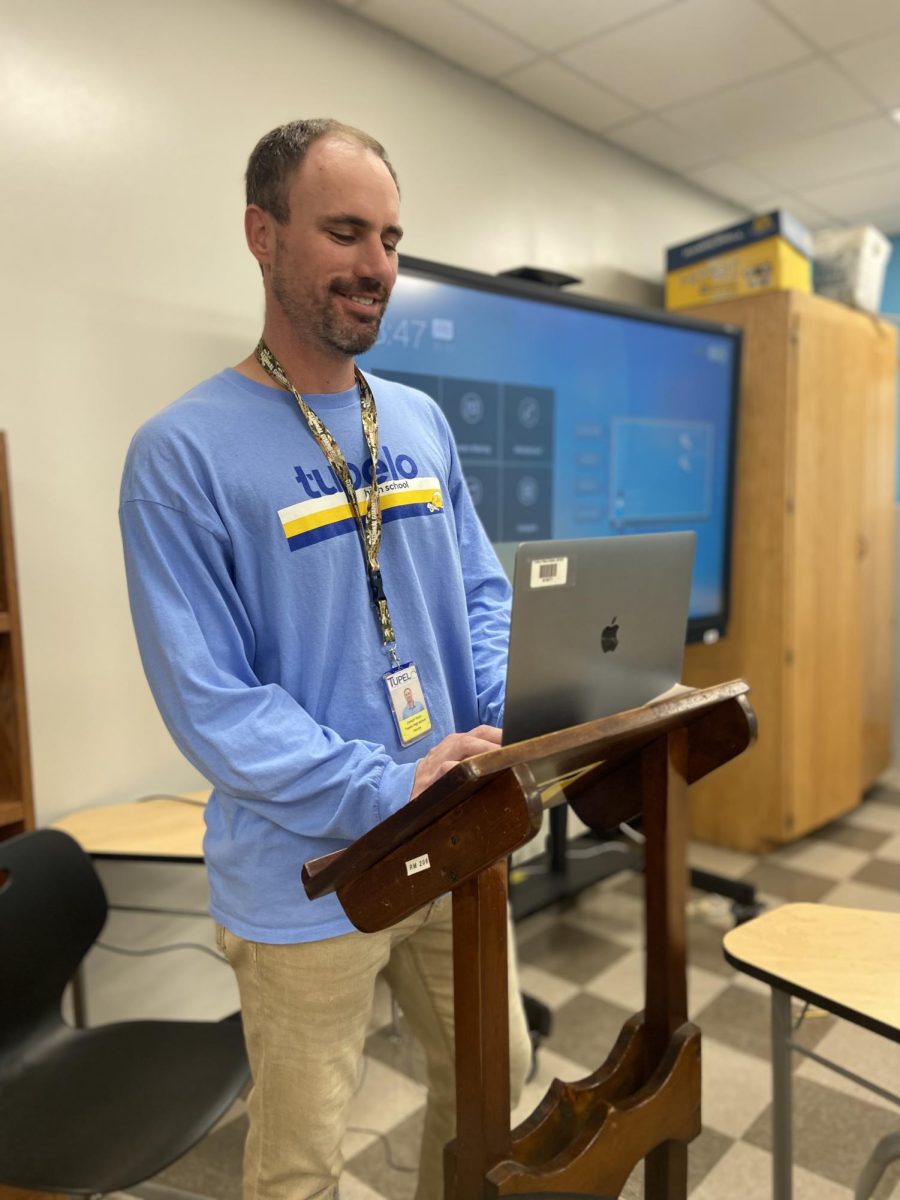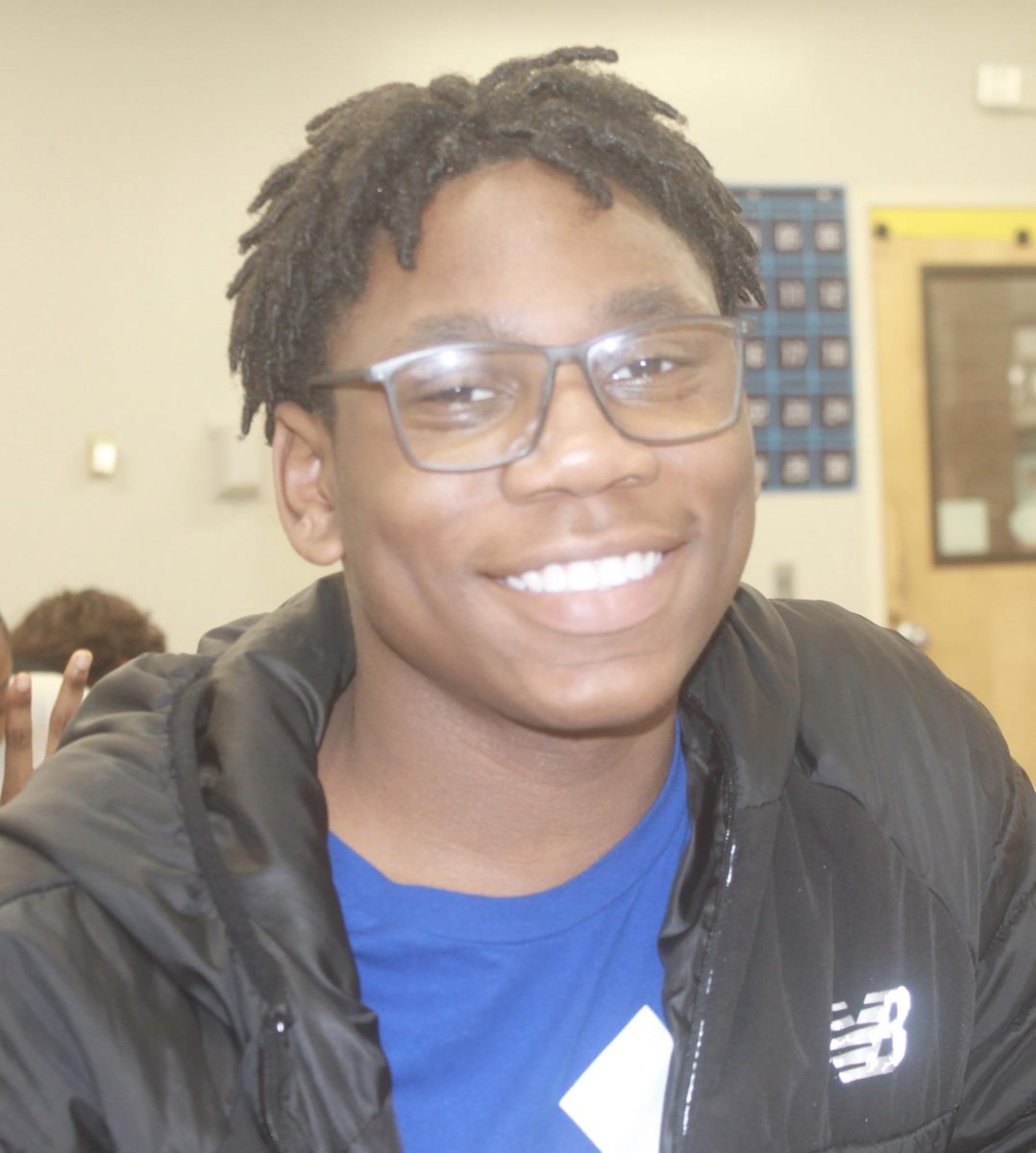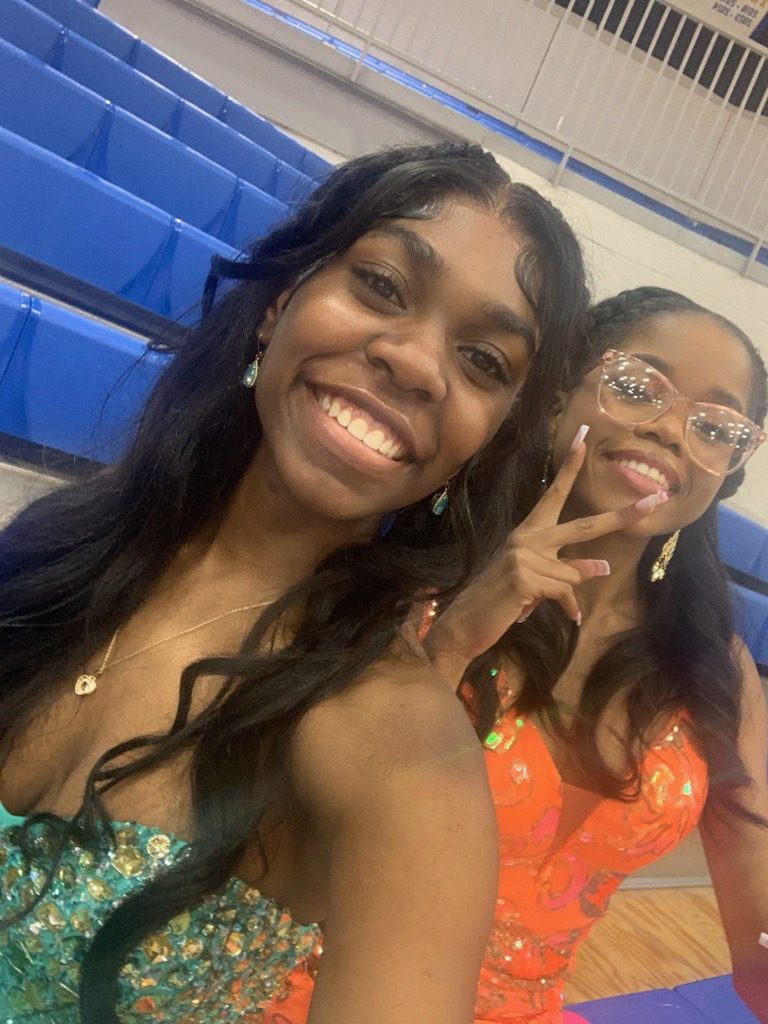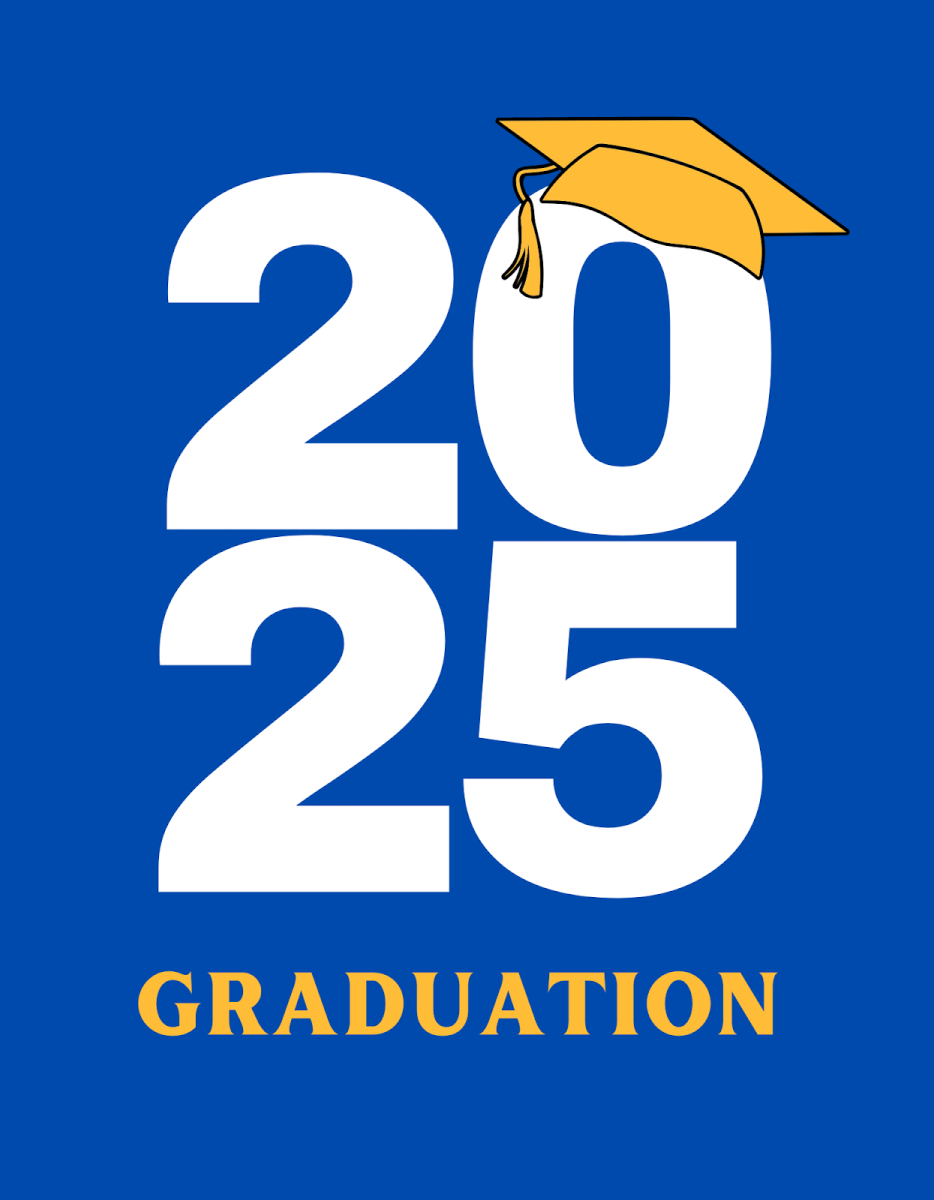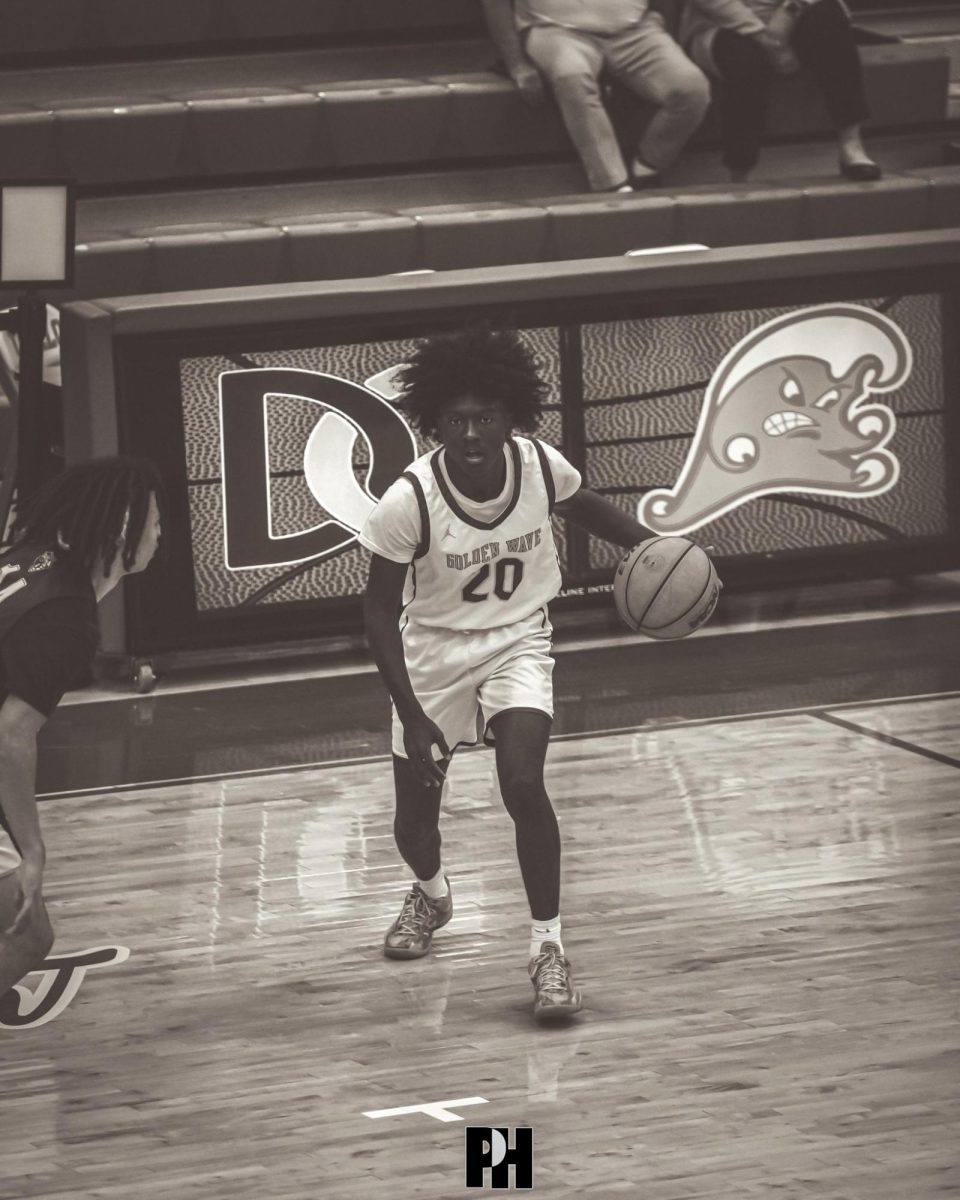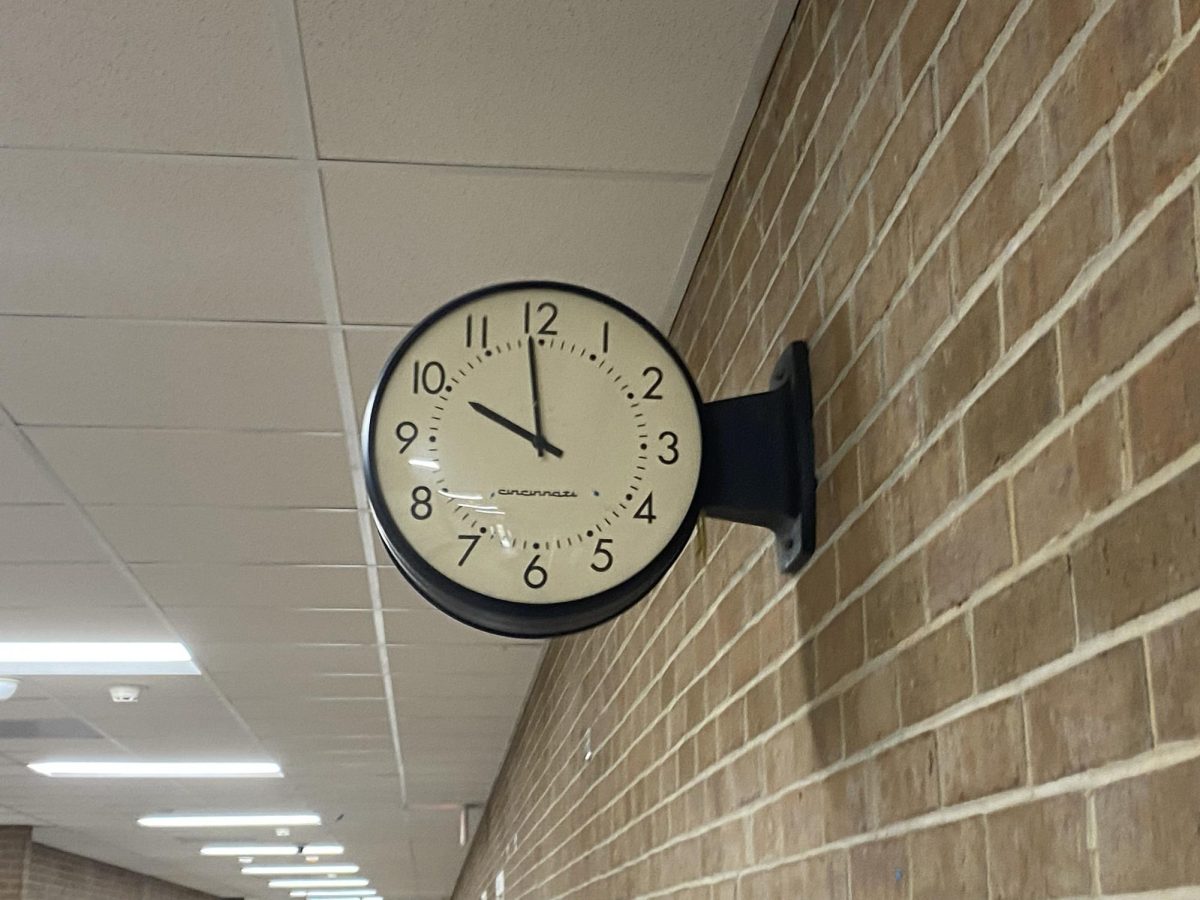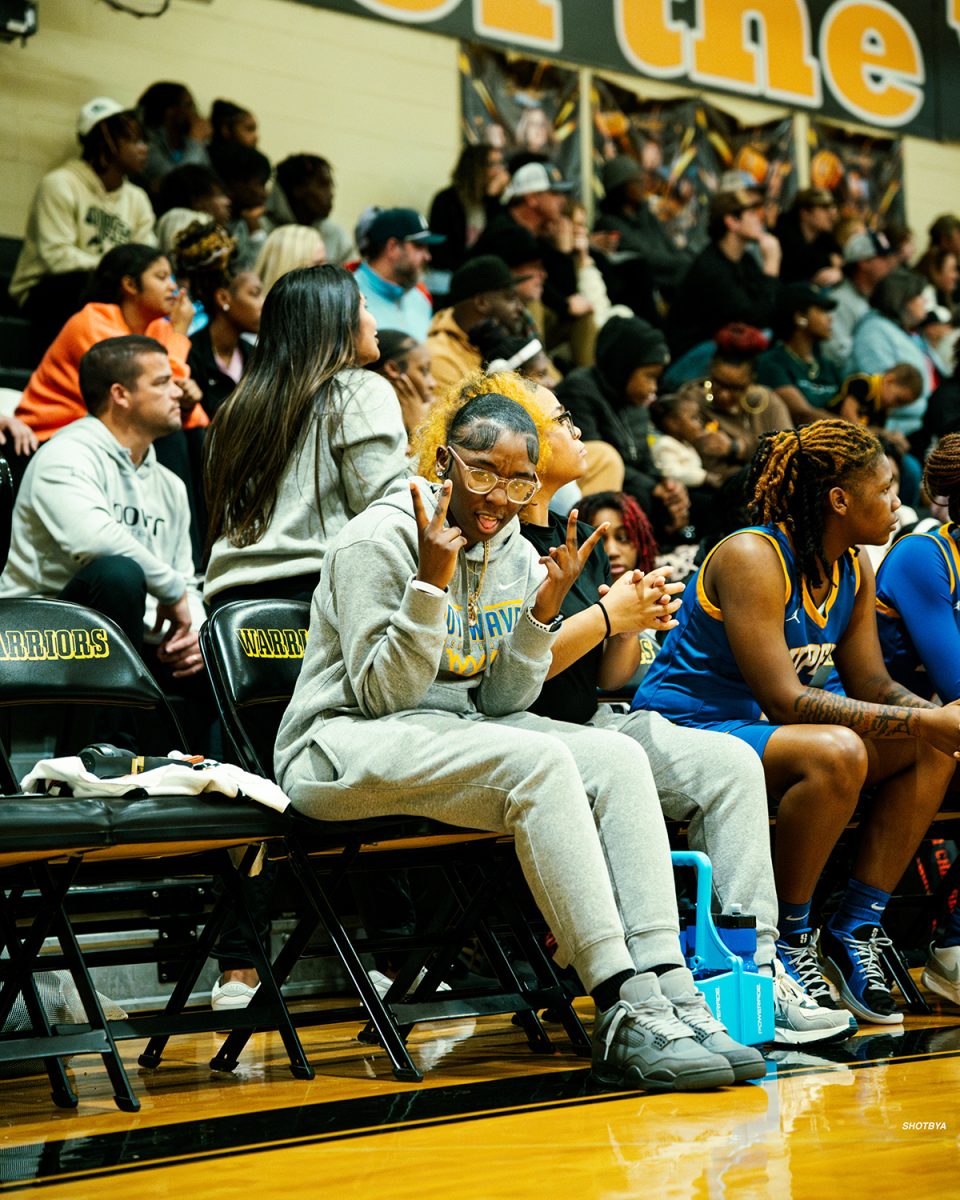Joseph Koon teaches College Career Readiness at Tupelo High School. Koon played baseball at Tupelo and ICC before becoming a D1 athlete at Southeastern Louisiana University in Hammond Louisiana. The strenuous schedule of D1 baseball taught him many life lessons he has taken with him to his career in teaching.
JC: How could CCR help an aspiring athlete?
JK: As a student-athlete, you are always prioritizing, adapting, and focusing on time management. CCR focuses on these skills whether it be regarding your academics or your future career and can directly relate to an athletic career. If aspiring athlete can sharpen these skills in their everyday life, they can have a better chance at applying these to their athletic career, improving their odds of success.
JC: Describe your baseball journey from high school to college.
JK: I was blessed to be surrounded by a very hard-working and talented group of baseball players as I came through Tupelo. Teamwork, leadership, and work ethic were something instilled in me from an early point in the program and helped with my journey from high school to college. My brother and many teammates went to play at the next level and that helped push me to be better. I was also very fortunate to be a part of many successful teams at Tupelo, ICC, and Southeastern Louisiana University.
JC: What is the difference between playing in high school and playing for a Division 1 college?
JK: Baseball at the Division 1 level is much more of a job. Competition was high in high school, but the stakes weren’t the same as a D1 athlete. The schedules were much more strenuous and the amount of talent was higher in college. Morning workouts, class, practice, and study hall, all while trying to keep up with friends and family were at times very difficult. It definitely helped shape me as a young adult.
JC: What did a typical day of training look like for you in college?
JK: Many people don’t realize the amount of time that goes into being a collegiate athlete. Depending if we were in season or out of season, we would start our day with an early morning workout before class. This would typically be the 5:00 to 7:00 am time frame. Class would be from 8:00 am to 12:00 pm with practice starting at 1 pm. The practice would usually go from 4 to 5 pm with study hall being from the 6:00 to 8:00 pm range. The days were busy and sometimes hectic, but it was a great experience that I’m blessed to have been a part of.
JC: What was the most challenging part of being a D1 player?
JK: I think adjusting to the requirements of the daily schedule. At times it could be tough going nonstop, but it made for great skills and abilities down the road.
JC: Looking back, what was the most rewarding part of being a D1 athlete?
JK: I would say the opportunity to have met the people I did as well as getting to play all over the country. I still have great friendships with my college teams. It also forced you into being a better team player and being able to relate/work with people from different backgrounds.
JC: Can you describe your transition from being a D1 player to being a teacher?
JK: I would say the transition was made easier after the high expectations, busy schedules, and learning to work with people from different backgrounds. That criteria is very similar to a teacher and I am confident has made things easier for me from my past experiences.
JC: What is also the most rewarding part of being a teacher?
JK: Similar to my teammates, getting to meet and work with teachers and students from different backgrounds towards a common goal is very rewarding.
JC: What advice would you give to someone who is aspiring to become a D1 player?
JK: Understanding what’s at stake, understanding the sacrifices you will make, and understanding that you have to be different to truly belong and compete at that level.
JC: What are some of the most valuable lessons you learned from your time as a D1 player?
JK: Adaptability, leadership, work ethic, how to fail, how to succeed, and how to control emotions.



